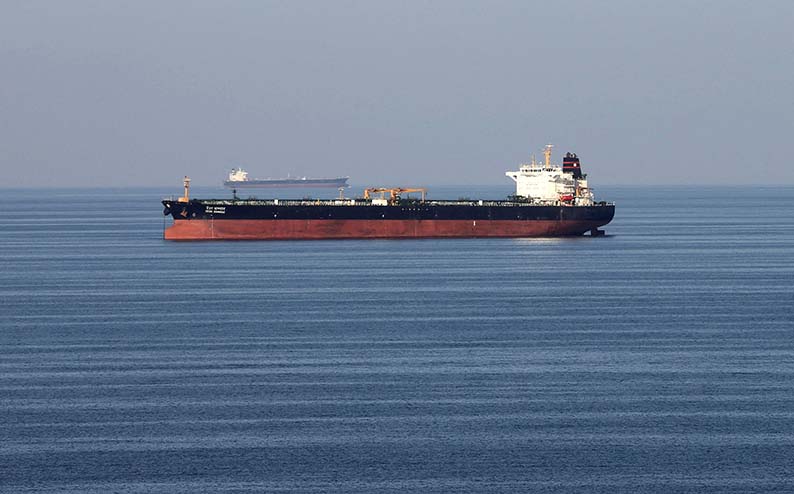Shipping Deputy Minister Marina Hadjimanolis on Monday warned of “global implications” if Iran blockades the Strait of Hormuz.
“The developments are rapid and without a doubt very worrying, with global implications. A possible closure of the Strait of Hormuz, one of the most important strategic routes for international energy trade, will undoubtedly have ripple and immediate effects,” she said.
She added that if the strait is blockaded, the first effects to be felt in Cyprus will be an increase in fuel prices and increases in the price of insuring ships, while “supply chains and transport in general” are also expected to be impacted.
The government, she said, is “constantly monitoring” the situation.
“We hope that a de-escalation of the entire situation will be achieved,” she said.
The Strait of Hormuz is a chokepoint between the most northerly point of Oman and Iran’s southern coast, which provides the only seaborne access between the Persian Gulf and the open ocean.
News website Euronews wrote last week that around 20 per cent of global oil passes through the Strait of Hormuz, including European imports from Saudi Arabia, Qatar and the United Arab Emirates.
As such, if the strait were to be closed, energy prices would spike, and Europe could face energy shortages.
Iran’s parliament had voted unanimously in favour of the country blockading the strait in retaliation to the United States’ bombing of nuclear facilities in the country over the weekend.
However, other countries’ interest in the strait may prevent Iran from blockading it, according to former foreign minister Erato Kozakou-Marcoullis.
She told the Cyprus News Agency that closing the strait “would not ultimately be Iran’s choice, because it is not only American interests which would be affected by such a retaliatory move”.
She pointed out that 20 million barrels of oil and “a large proportion of global liquefied natural gas” passes through the strait every day, and that countries such as Saudi Arabia, the UAE, Kuwait, and Iraq export crude oil via the strait.
“Such a retaliation from Iran would harm the vital economic interests of a number of countries which export or import oil and gas from the Gulf countries, including Iran itself, China, and other countries,” she said.
She added that countries with large shipping sectors, including Cyprus, may suffer “serious consequences” regarding the movement of their fleet.
“That is why I believe that Iran will ultimately not proceed with such an action, because it would rally against a large number of states,” she said, adding that those states “may now condemn the Israeli and American attacks with the aim of preventing Iran from closing the strait of Hormuz”.






Click here to change your cookie preferences